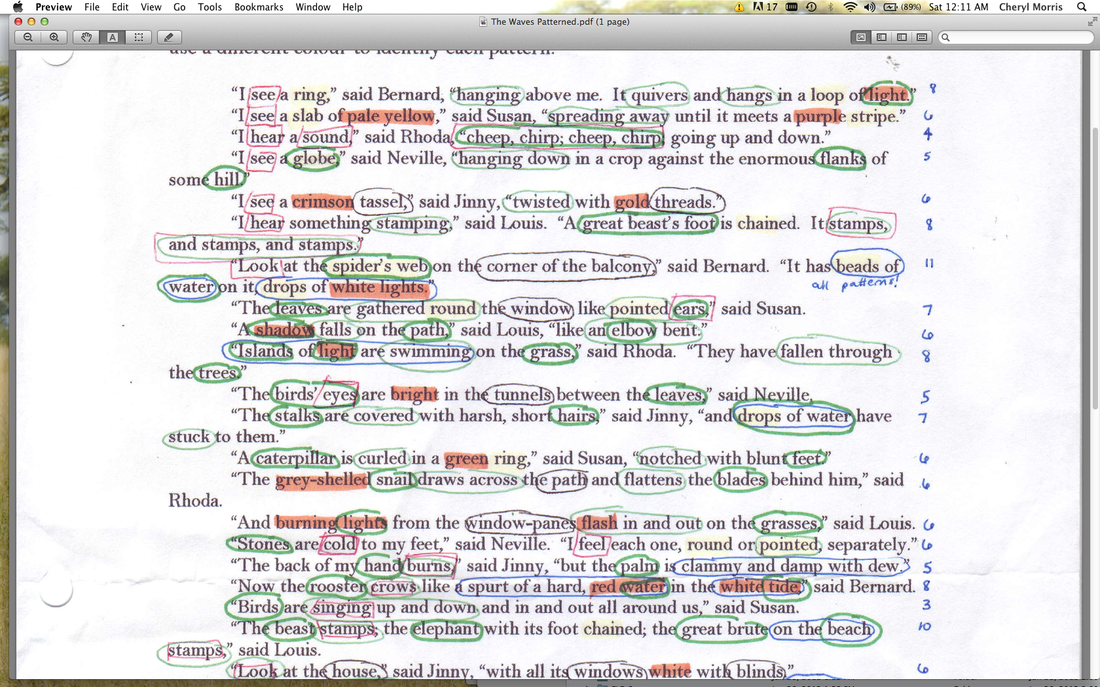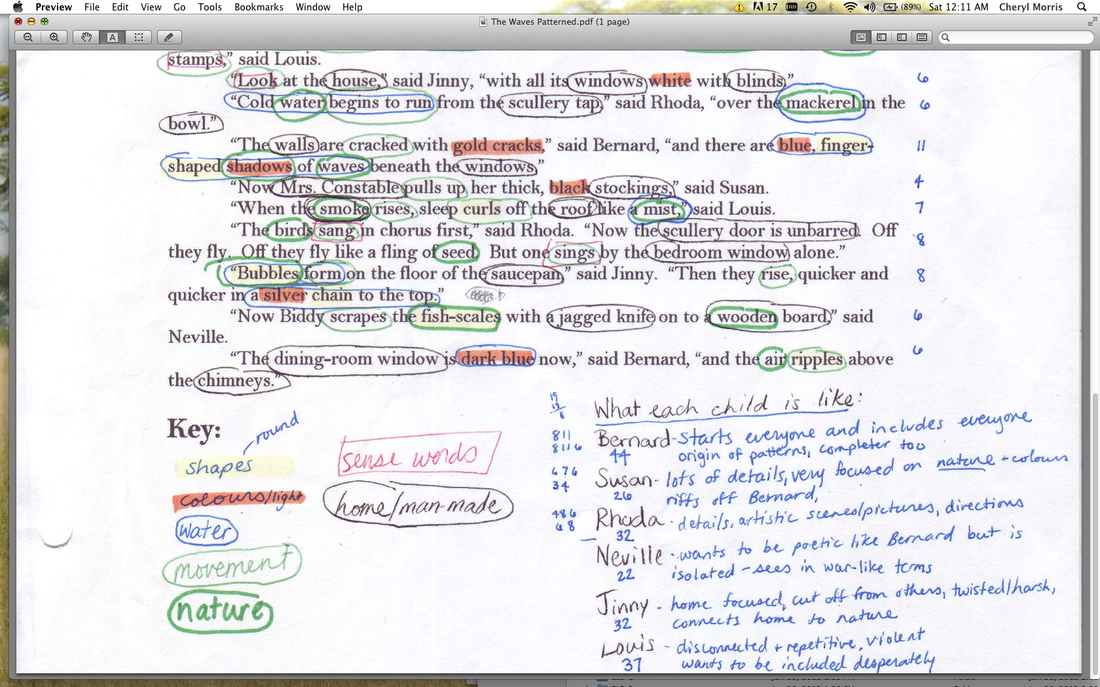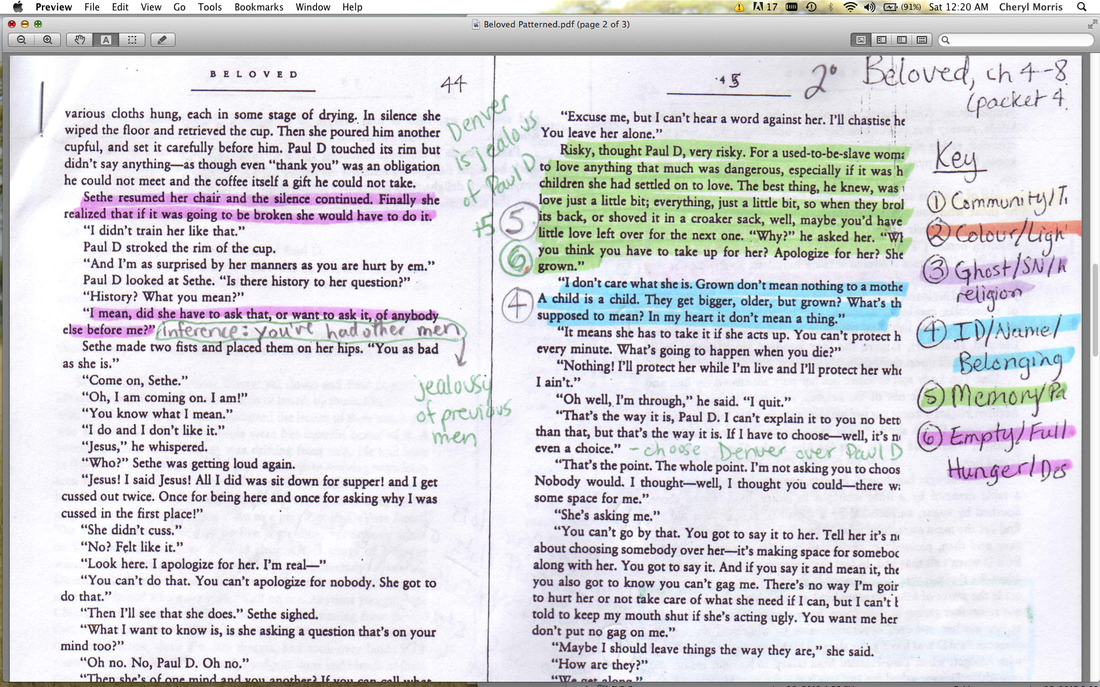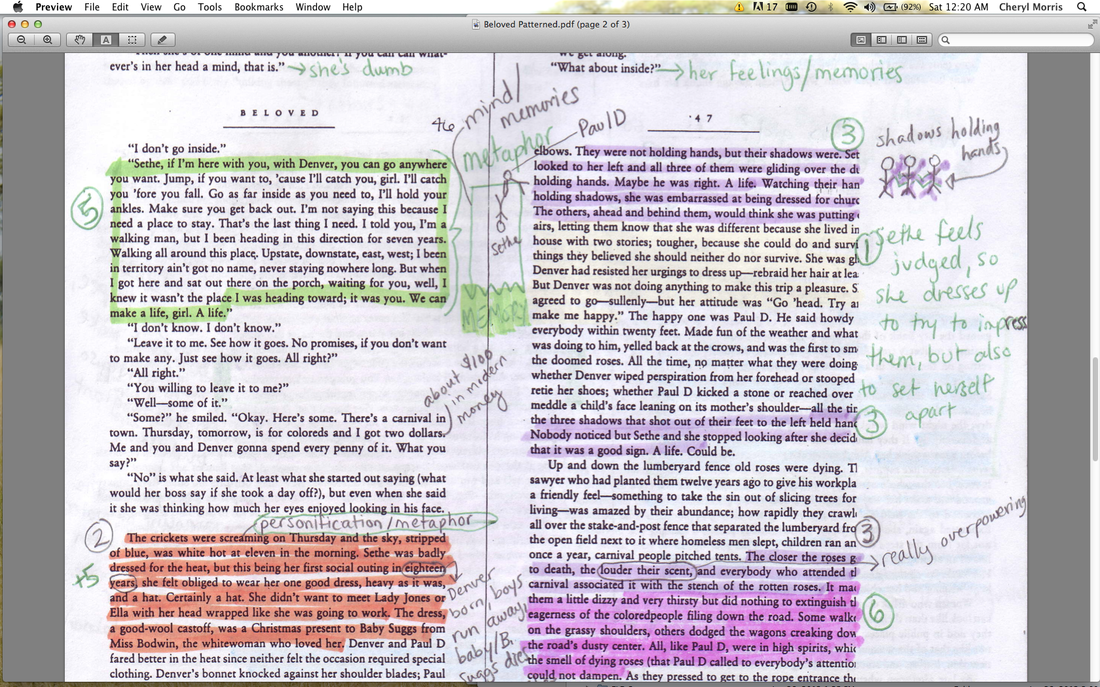I don't know that I have an answer yet. But I have thoughts. These thoughts were HEAVILY influenced by lots of people (yes...the usual suspects). In fact, let me make that more explicit. These ideas are not mine. I can't claim them and I refuse to claim them. They only exist because of the amazing people on Twitter who process with me constantly. They only exist because of the webinar we had last Tuesday. They only exist because of Andrew Thomasson and Karl Lindgren-Streicher. Andrew said it better here...and that's how things tend to work. I talk forever and in circles, and then he just puts it so simply and beautifully, in a way that is perfectly understandable and yet so profound that I just shut up and agree with him.
So I agree with him.
That being said...writing "we" instead of "I" just sounds weird. So mentally, when you read "I" know that there are multiple "I"s represented in this amazing collective of colleagues.
I'm going to start by listing the general ideas, then I'll give specifics after the list. This got really, really long. And it's probably confusing to anyone outside my own head. For that I apologise in advance.
Guiding Principles
1. Flipped reading is more than "reading at home" and "talking about it in class."
2. Flipping reading requires way more creativity than flipping grammar or vocabulary or even writing, and it greatly depends on instructional context.
3. Flipped reading works better with shorter texts than with longer texts.
4. Flipping reading has to be about process and skill rather than content.
Explanations of those Guiding Principles
1. Flipping reading is not reading at home and talking about it in class.
This pops up every now and then, and I just have one thing to say:
How is it flipping when you're just following the commonly accepted instructional paradigm? That's not flipping. That's traditional.
So stop saying that is flipped English...please?
You can read Troy Cockrum's thoughts on the matter here.
2. Flipping reading requires creativity and depends on instructional context.
The first part is obvious - the reason there are VERY few strategies for flipping reading is because conceptually, it's really difficult to get your head around. It takes creativity, which is where the Explore Flip Apply model comes in (more on that later...and there are tons of entries if you look back through my post history).
The second part, about instructional context, is really important. What will work with me at Redwood High School is not what worked at San Lorenzo High School, and it may not work in your school either. I don't know. You're the teacher, thus you're the expert on how to teach your kids. I can only tell you what I do, and give you guiding principles for how to structure your units and instruction.
When I flipped Night last year, I made videos of myself reading the text. We had Today's Meet live discussions in class as the videos played (basically, it allowed me to participate in the discussion and manage the room instead of trying to read + do all of that). Then students compiled theme and figurative language examples in separate Today's Meet threads and on Edmodo. Then we did a lot of writing and discussion questions. We watched a lot of related documentaries and film clips to give context. We discussed them all. I had a few skills videos, but not many - probably because the skills were mostly higher-level and based on lower-level skills they had learned earlier in the year (either on video or back before the flip, by direct instruction).
I consider that unit flipped. But a lot of people wouldn't. This is why we need to come to a common understanding of what flipped English is and isn't.
It also leads to my next Guiding Principle:
3. Flipped reading works better with shorter texts than longer ones.
Jessica McGrover lays out in this post why this is true. When you're having students flip a longer work and go at their own pace, they will inevitably do what you want them to do and end up working at their own pace. And you can't have discussions about the book unless kids are at roughly the same point. Imagine trying to discuss the theme of fate verses free will in Romeo and Juliet when one student is in Act I, scene v (after R&J meet), another student just finished Act III scene i (where Mercutio/Tybalt are killed), and another student just finished the play. Unless you explicitly give them permission to talk about the entire play (which "ruins" it for the student in Act I), you are going to have frustrated students and a flat discussion. Which ruins the whole experience of collaborative conversation.
The plan I've got for my flipped classes this year is to have some strategies for flipping shorter texts, and some strategies for flipping longer texts.
Read the second part of this entry here. It was way too much content for one post.






 RSS Feed
RSS Feed
